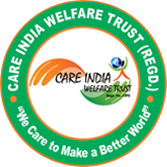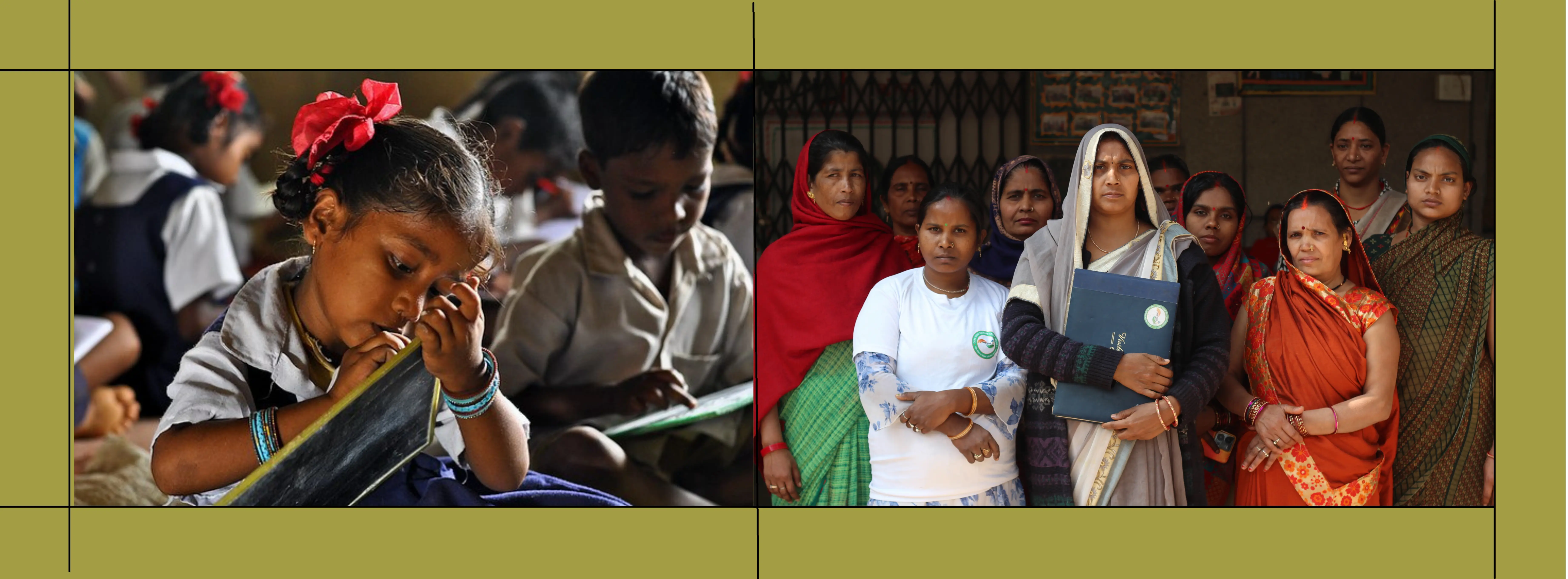Introduction
Women empowerment is one of the most important issues in the world today. Women will play a big role in the future of politics, and this is not just a moral matter—it is essential for a strong and fair democracy. Empowered women empowering women shows how women in leadership bring new ideas, diversity in discussions, and policies that include everyone. They can even help reshape society for the better. Organisations like the Welfare Foundation work to support women and encourage them to take leadership roles. In a democratic country like India, promoting women to participate in politics is one of the best ways to achieve social justice, true representation, and sustainable development.
The Importance of Women in Politics
Nearly half of the population in India is composed of women; still, the history of their representation in political institutions is very discouraging. Recent data reveal that women are given only about 14% of the seats in the Lok Sabha and even less in the state legislatures, approximately 10%. Such underrepresentation, as it is, generates a void in the coverage of women's issues, which are the very ones that are most affected by the patriarchal society that surrounds us, those being maternal health, education, gender-based violence, and workplace equality.
Raising women to take part in politics is not merely a question of justice; it also has a direct impact on democracy. On the whole, the involvement of women, especially in the highest echelons of decision-making, leaves an impression on governance as it becomes more transparent and, therefore, more accountable to all the constituents of society, women and education. Research has corroborated that the governments with a higher percentage of women are more inclined to endorse the policies connected to social welfare, education, and healthcare for ngo India.
Challenges Women Face in India Politics
Though the years have seen a lot of progress in women's issues, women in India still have a long journey to the top before they can enjoy the same privileges as men in politics. NGO India and other organisations support women by promoting women education and awareness about women and education. The persistence of cultural stereotypes often inhibits women from taking up leadership roles and influencing politics, as they continue to consider it a male enclave. What is more, the hard task of preparing for a political contest, thereby limiting access to resources, lacklustre funding, and confined political networks, further complicates the woman leader's mission to be the most competitive one among her counterparts, and the best NGO in India.
More misery for them is the fact that the fear of safety and harassment always follows them wherever they go, and these fears, together with the harassment, are the factors that keep them away from full political participation. These females, by way of being given political power, have to endure the very same kinds of persecution that somehow pertain to sex; they are disrespected and ridiculed online, and society is always there to be critical of them, too, and by this, the fair sex is doubly faced with a decrease in their confidence and a lesser desire to partake. Restructuring such a system will vastly improve the political arena, allowing women to prosper and achieve gender parity, and it consequently requires both reforms on the institutional side and a change in society's mentality.
Legal and Policy Measures Supporting Women in Politics
India has developed a law and policy framework to boost political participation. Consequent on the 73rd and 74th Constitutional Amendments, a 33 per cent reservation was fixed for women in local governance bodies like Panchayats and Municipalities and Women in politics. The reform has truly revolutionised women's leadership at the grassroots level. Care India Welfare Trust, one of the best NGO in India and a leading Non-governmental organisation in India, plays a major role in supporting this change. Now, these women leaders not only have a stage but also substance to shape education, healthcare, and community development decisions and Obstacles to women's participation in politics.
Besides that, ruling parties get support from the legal provisions in their quest to include more female candidates in elections. Several Non-governmental organisations in India, including Care India Welfare Trust, the best NGO in India, are on the move to facilitate women’s empowerment through leadership training, awareness creation, and mentorship programs. These efforts aim to empower women with the right kind of political knowledge, skill sets, and confidence to triumph in political forums.
Women As Agents of Change
Women's empowerment in India and Women in politics are the power behind positive social changes. Female lawmakers often spot the need for policies that improve healthcare, education, and child welfare. At the same time, they keep on raising issues around domestic violence, sexual discrimination, and workplace equality, which, if not addressed, might feel unheard. Organisations like Care India Welfare Trust and Old Age Care India Welfare Trust play an important role in supporting these initiatives within the India community.
Take, for example, that administrations in the areas with more female members in political positions have stepped up spending on public services like clean water, sanitation, and schools. Moreover, women in positions of power serve as role models, energising new female generations to plan a leadership career through them. Women infiltrating politics by crossing barriers and challenging societal norms are the catalysts of an equitable society.
The Role of Civil Society in Promoting Women’s Political Participation
Notably, Care India Welfare Trust is one of the major NGOs that continuously works for women's participation in politics in India. Besides the traditional teaching, skill-building, and advocacy programs, our NGO (CIWT) offers women's rights awareness and helps them go through the administration together, promoting Women's empowerment in India.
Such projects have cluster sympathy in rural and poor communities, where women have additional social and economic issues. With women empowered in the socially weakest layers, civil society organisations become players of a multiparty system with an equal turnout, where all votes are consulted and represented, supporting the active role of Women in politics.
Digital Platforms: A New Avenue For Women Leaders
Before long, technology has opened up new doors for female participation in politics. It is now possible for women to run campaigns, spread the word, and keep in contact with voters through social media. In other words, digital tools provide women a platform to build relationships with mentors, to widen their network, and campaign for their cause if they live far apart or are shy.
Addressing obstacles to women's participation in politics, gender-focused digital skills and online political participation programs have come to be seen as absolutely key instruments in fortifying democracy. Thus, using technology highlights the importance of women's participation politics, allowing women leaders to effectively energise their communities, sway public policy, and heighten their cause.
Looking Ahead: Towards Gender-Equal Governance
What will happen to India's democracy depends on how much it embraces a system that reflects the diversity of its people. Women in politics play a key role in achieving this goal. Measures like reservation policies, leadership development, digital literacy programs, and grassroots mobilisation have been central to promoting gender equality and supporting women in politics in India.
At the same time, society’s attitudes need to change. Communities, families, and political institutions must give women access to the political arena and remove biases that hold them back. Education, mentoring, and public campaigns can help create an environment where women are equal to men as capable and effective leaders.
Conclusion
It's not just about the numbers, but about the quality, representation, and transformative impact. India, by including women in political decision-making, will then have policies that are rather inclusive, equitable, and reflective of people’s needs. Trusts like Care India Welfare Trust are the changemakers and one of the main forces behind the empowerment of women, the dismantling of social barriers, and the fostering of leaders of the future.
Inviting democracy to be more robust means that all the voices of citizens should be heard; women are therefore key figures in this process. By investing today in women’s political participation, India is securing its future as a society of more inclusion, justice, and progress, and the importance women's participation politics. At the end of the day, empowering women in politics is the same as empowering democracy itself.
FAQ
Why Is Women's Participation In Politics Important For Democracy?
Women’s participation in politics ensures inclusivity, diverse perspectives, and balanced decision-making, strengthening democracy by promoting equality, social justice, and policies that represent the needs of the entire population.
What are the major obstacles to women's participation in politics, and how can they be overcome?
Major obstacles include gender stereotypes, lack of education, limited resources, and underrepresentation. Overcoming them requires legal reforms, mentorship programs, awareness campaigns, and equal access to political opportunities.

